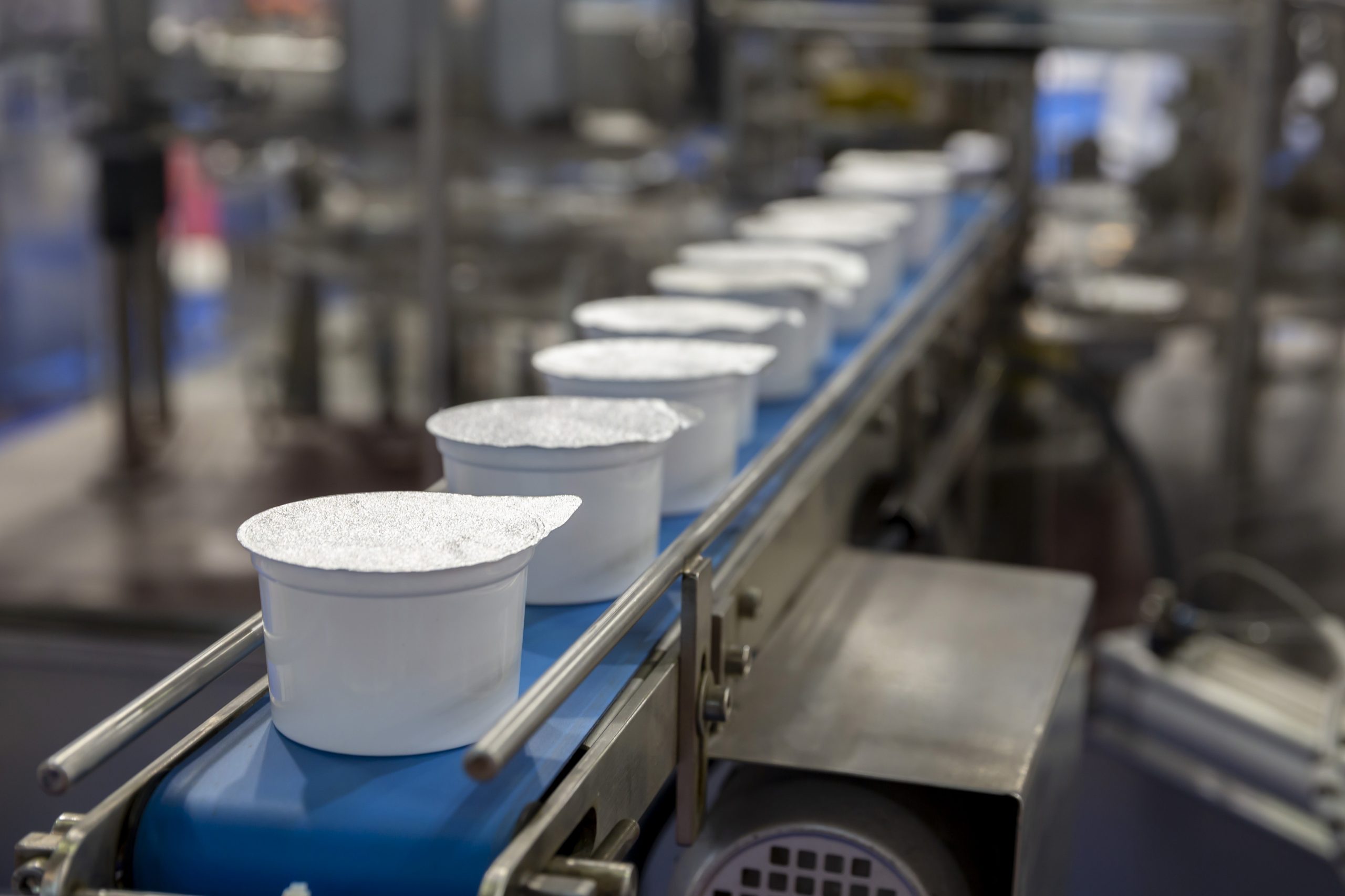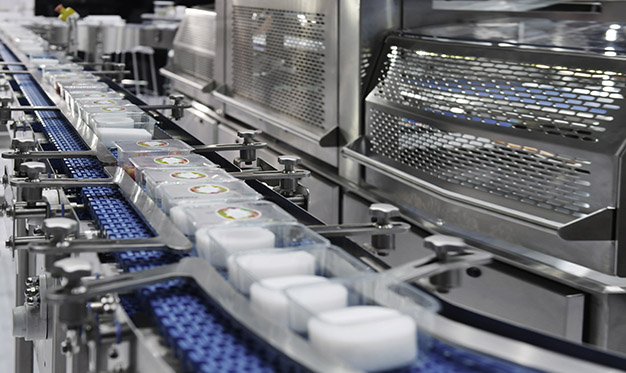What started off as a comment by CEO Frans van Houten in global electronics giant, Philips Q1 Quarterly Report of 2021 issued on 26 April 2021 that “regretfully, we have identified a quality issue in a component that is used in certain sleep and respiratory care products, and are initiating all precautionary actions to address this issue, for which we have taken a EUR250 million provision” has now become a significant global product recall that is still continuing today and now the subject of several class action lawsuits in the US.
According to the Q1 Quarterly Report, Philips had found out that the sound abatement foam that is used in a range of Continuous Positive Airway Pressure (“CPAP”), Bilevel Positive Airway Pressure (“BiPAP”) and other continuous ventilator devices that are designed to provide breathing assistance to patients suffering from sleep apnea and other respiratory problems degrades in certain conditions and potentially enter the devices air supply tubes and be ingested or inhaled by the user.
The US Food & Drug Administration (“FDA”) issued a safety communication in June 2021 stating that the potential risks include irritation to the skin, eye and respiratory tract, inflammatory response, headache, asthma and toxic or carcinogenic effects to organs such as kidneys and liver.
On 14 June 2021, Philips issued a global voluntary recall notification in respect of the millions of affected machines, which were manufactured between 2009 and 26 April 2021. Some of its products had different sound abatement foam and were not subject to the recall.
In September 2021, Philips embarked on a repair or replacement program after having received authorisation from the FDA to replace the sound abatement foam with an alternative material, but this is expected to take about 12 months to complete.
However, as a medical device, a user cannot suddenly stop using it upon receipt of notification of a recall. Philips strongly recommended that a physician or health care provider should be consulted before making any changes and to discuss options for ongoing therapy.
While there were alternative products available, there was a cost barrier as CPAP machines cost between $250 to $1,000 with BiPAP machines costing up to US$3,000 and both required a medical prescription. However, supply was restricted due to the considerable demand on manufacturers of medical ventilator type products as a result of the ongoing COVID-19 pandemic, particularly as this coincided with the resurgence of cases due to the Delta variety of the virus.
This meant that in each case the risk of the machine’s continued use against the risk of ceasing treatment had to be weighed up which would have caused considerable stress and anxiety for both medical advisors and the users.
Coupled with this, a number of users have allegedly sustained injuries and there are several class action lawsuits seeking compensation for injuries based on the claim that Philips manufactured defective devices but didn’t warn the public of the risk or serious injuries.
Global large–scale recalls of this nature, especially involving pharmaceutical products and medical equipment, can be very challenging to manage given the inevitable involvement of different regulatory safety and health authorities as well as the significantly varying legal landscapes across the world.
Potential Losses From Recall
Depending on the scope of any insurance policy wording covering such a recall either on a coordinated global or regional basis, the quantification of such losses would need to be multi–faceted as the potential losses could include:
- Costs of executing the recall such as media and publication costs#
- Costs of repairing the affected machines
- Cost of replacing the affected machines
- Shipping, freight and logistics costs as the recall involves millions of machines
- Impact on sales
- Public relations costs
- Third-party claims, which in respect of medical injury or death could include compensation for loss of earnings
- Reputational losses
While this recall is far from over, and will likely run for at least another 12 months, analysis of the Q3 Quarterly Report issued 18 October 2021 reveals that while Philips recognise the potential threat of the class actions lawsuits there was no quantitative update on the adequacy of the EUR250 million provision that was made in the second quarter. However, what was noted was a “double–digit” decline in the Sleep and Respiratory Care division in the third quarter.
The statements or comments contained within this article are based on the author’s own knowledge and experience and do not necessarily represent those of the firm, other partners, our clients, or other business partners.
Philips Q1 2021 Quarterly Report. Retrieved from
https://www.results.philips.com/publications/q121/downloads/pdf/en/philips-first-quarter-results-2021-report.pdf?v=20210531142942US Food & Drug Administration Statement. Retrieved from
https://www.fda.gov/medical-devices/safety-communications/certain-philips-respironics-ventilators-bipap-and-cpap-machinesrecalled-due-potential-health-risksDrugwatch Publication by Michelle Llamas 10 November 2021. Retrieved from https://www.drugwatch.com/philips-cpap/lawsuits
Philips Q 2021 Quarterly Report. Retrieved from
https://www.results.philips.com/publications/q321/downloads/pdf/en/philips-third-quarter-results-2021-report.pdf?v=20211018174015





 David Maritz
David Maritz 











